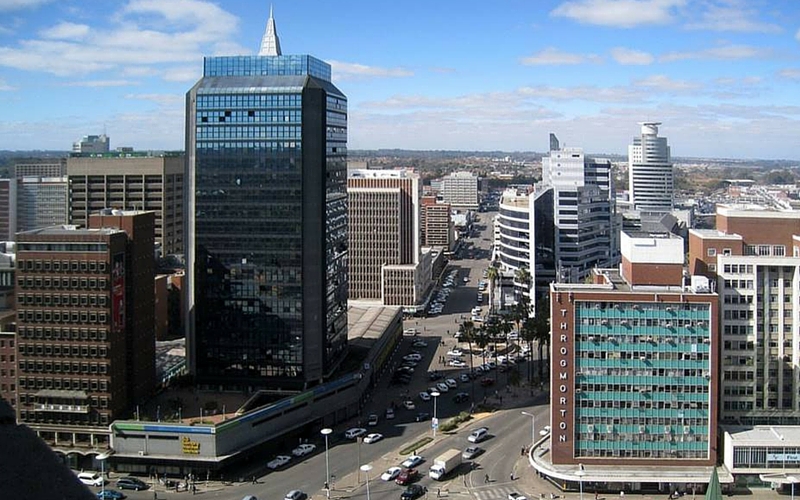
Zimbabwe @ 40: Land Policy, Sanctions & Agro Economics
On April 18, 2020, Zimbabwe celebrated 40 years of Independence. Zimbabweans have been politically independent for 40 years but economically independent for only 20 years. Many years after independence, economic resources remained in the hands of Europeans. Only in the last 20 years, have black Zimbabweans begun to own a piece of the economic pie.
After black Zimbabweans repossessed the land that had been stolen from them, the US government at the behest of the United Kingdom implemented sanctions against Zimbabwe.
SANCTIONS PLACED ON ZIMBABWE BY US & UK
Current Zimbabwe sanctions block the property and interests in property of individuals and entities listed in the Annex to E.O. 13391 or that are determined by the Secretary of the Treasury in consultation with the Secretary of State to:
- Be a senior official of the Government of Zimbabwe;Be owned or controlled by, directly or indirectly, the Government of Zimbabwe or an official or officials of the Government of Zimbabwe;
- Have engaged in actions or policies to undermine Zimbabwe’s democratic processes or institutions;
- Be responsible for, or have participated in, human rights abuses related to political repression in Zimbabwe;
- Be engaged in, or have engaged in, activities facilitating public corruption by senior officials of the Government of Zimbabwe;
- Be a spouse or dependent child of any person whose property and interests in property are blocked pursuant to E.O.s 13288, 13391, or 13469, or an immediate family member of any person whose property and interests in property are blocked pursuant to E.O. 13391;
- Have materially assisted, sponsored, or provided financial, material, logistical, or technological support to the Government of Zimbabwe, any senior official or any person blocked pursuant to E.O.s 13288, 13391, or 13469; or
- Be owned, controlled, or acting on behalf of any person blocked pursuant to E.O.s 13288, 13391, or 13469.
A complete list of individuals and entities under sanctions can be found here.
LAND POLICY & HOW IT HAS EVOLVED SINCE 1930
- In 1930, the colonial government instituted a law known as the Land Apportionment Act. That law forbade Africans from owning land.
- In 1980 at independence, foreign Europeans owned 95% of the land.
- In year 2000, Mugabe in a bid to keep power decided to live up to the terms of the war of liberation gave Africans their land back per the Lancaster House Agreement of 1979.
- In 2000, when land reform started; foreigners still owned more than 70% of the arable farmland and this was 20 years after independence.
- It is estimated that black Zimbabweans now own 96% of the agricultural land. This excludes company, church and corporate estates (2,041 million hectares) and transitional/unallocated land (2,684 million hectares) (Zimfact.org)
- A study published in the Journal of Agrarian Change showed that Zimbabwe is Africa’s #1 tobacco producer and the fifth largest in the world, (Al Jazeera)
- Tobacco is 12 % of Zimbabwe’s economic output
- In 2000, 4,000 white farmers produced 85% of the tobacco.
- In 2017, 81,000 African farmers grew tobacco.
- In 2018, a whopping 110,000 African farmers’ bumper harvest created the second largest export for Zimbabwe. This was a record-breaking year in, Zimbabwe’s tobacco history. Zimbabwe produced 252 million kilograms, the highest in Zimbabwe’s 121-year history of commercial growing. (Source Zimbabwe Tobacco Industry and Marketing Board (TIMB).



